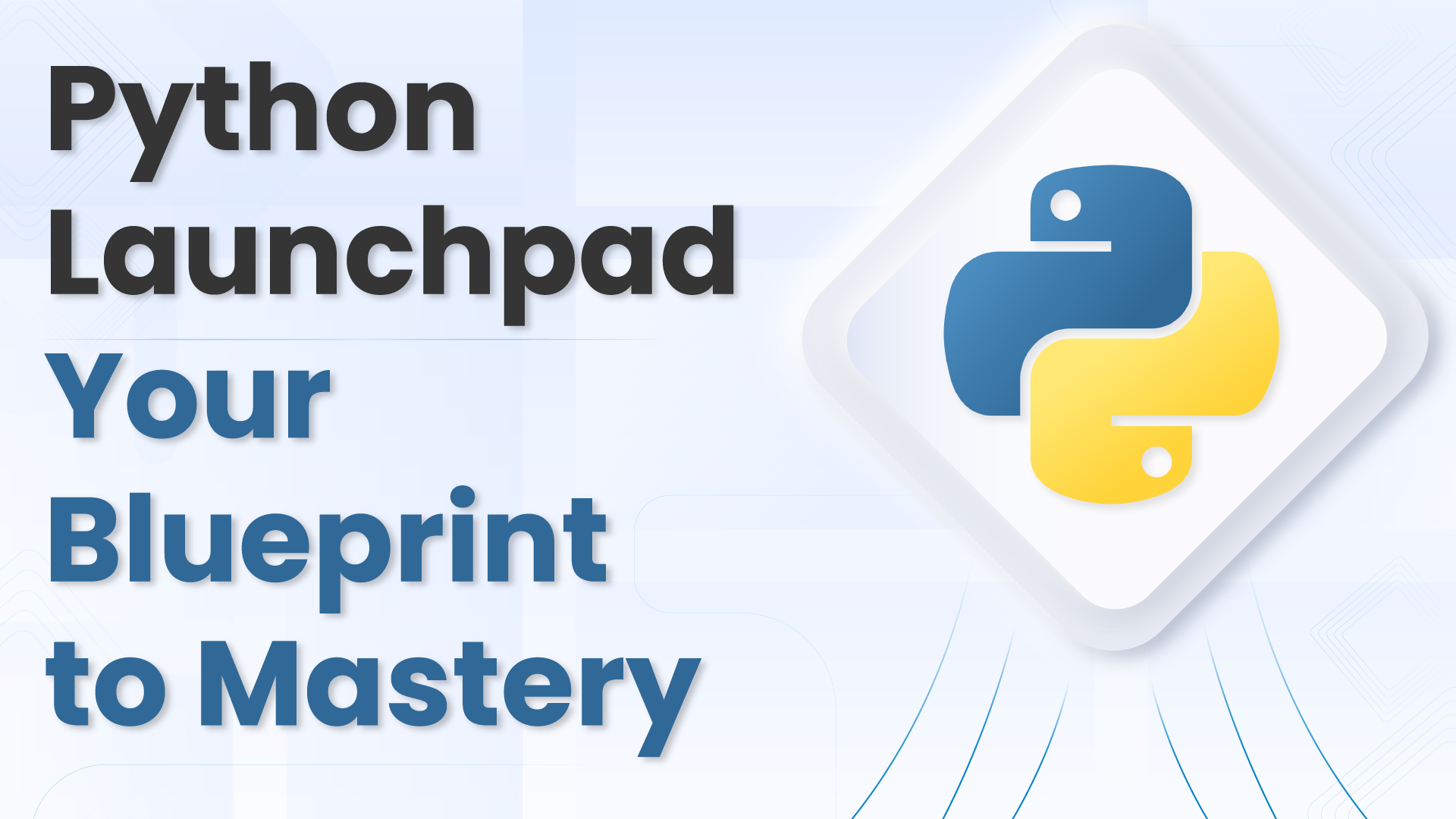
Introduction
Python is everywhere, from data science to web development. It’s beginner-friendly and versatile, making it one of the most sought-after skills for 2025 and beyond. This article outlines a practical, step-by-step roadmap to master Python and grow your career.
Learning Time Frame
The time it takes to learn Python depends on your goals and prior experience. Here’s a rough timeline:
- 1-3 Months: Grasp the basics, like syntax, loops, and functions. Start small projects.
- 4-12 Months: Move to intermediate topics like object-oriented programming and essential libraries. Build practical projects.
- Beyond 1 Year: Specialize in areas like web development, data science, or machine learning.
Consistency matters more than speed. With regular practice, you can achieve meaningful progress in a few months.
Steps for Learning Python Successfully
- Understand Your Motivation
- Define your goals. Whether for a career change, personal projects, or academic growth, knowing your “why” keeps you focused.
- Start with the Basics
- Learn Python syntax, data types, loops, and conditional statements. This foundation is key for tackling more complex topics.
- Master Intermediate Concepts
- Explore topics like object-oriented programming, file handling, I/O operations and libraries such as pandas and NumPy.
- Learn by Doing
- Apply your skills through coding exercises and small projects. Real practice strengthens understanding.
- Build a Portfolio
- Showcase your skills with projects like web apps, or basic data analysis dashboard. A portfolio boosts job prospects.
- Challenge Yourself Regularly
- Stay updated with Python advancements and take on progressively harder tasks to improve continuously.
4. Python Learning Plan
Month 1-3
- Focus on basics: syntax, data types, loops, and functions.
- Start using libraries like pandas and NumPy for data manipulation.
Month 4-6
- Dive into intermediate topics: object-oriented programming, file handling, and data visualization with matplotlib.
- Experiment with APIs using the FastAPIy and Postman
Month 7 and Beyond
- Specialize based on your goals:
- Web Development: Learn Flask or Django for backend
- Data Science: Explore TensorFlow, Scikit-learn, and Kaggle
- Automation: Work with tools like Selenium for Web Scraping
This timeline is flexible—adapt it to your pace and priorities.
5. Top Tips for Effective Learning
- Choose Your Focus
- Decide what interests you most—web development, data science, or automation. A clear focus helps you navigate the vast world of Python.
- Practice Regularly
- Dedicate time daily or weekly to coding. Even short, consistent practice sessions with platforms like HackerRank will build your skills over time
- Work on Real Projects
- Apply your learning to practical problems. Train a ML model, automate a task, or analyze a dataset. Projects reinforce knowledge and make learning fun.
- Join a Community
- Engage with Python communities online or locally. Networking with others can help you learn faster and stay motivated.
- Take Your Time
- Don’t rush through concepts. Understanding the basics thoroughly is essential before moving to advanced topics.
- Revisit and Improve
- Go back to your old projects and refine them. Optimization teaches you new skills and helps you see your progress.
Best Ways to Learn Python in 2025
1. Online Courses
Platforms like Youtube, Coursera and Udemy offer structured courses for all levels, from beginners to advanced learners.
2. Tutorials
Hands-on tutorials from sites like Real Python and Python.org are great for practical, incremental learning.
3. Cheat Sheets
Keep cheat sheets for quick references to libraries like pandas, NumPy, and Matplotlib. These are invaluable when coding.
4. Projects
Start with simple projects like to-do lists apps. Gradually, take on more complex projects such as web apps or machine learning models.
5. Books
For beginners, Automate the Boring Stuff with Python by Al Sweigart simplifies learning. Advanced learners can explore Fluent Python by Luciano Ramalho.
To understand how Python is shaping careers in tech, read The Rise of Python and Its Impact on Careers in 2025.
Conclusion
Python is more than just a programming language; it’s a gateway to countless opportunities in tech. With a solid plan, consistent practice, and real-world projects, anyone can master it. Whether you’re a beginner or looking to advance your skills, Python offers something for everyone.
If you’re ready to fast-track your learning, consider enrolling in OpenCV University’s 3-Hour Python Bootcamp, designed for beginners to get started quickly and efficiently.
Start your Python journey today—your future self will thank you!

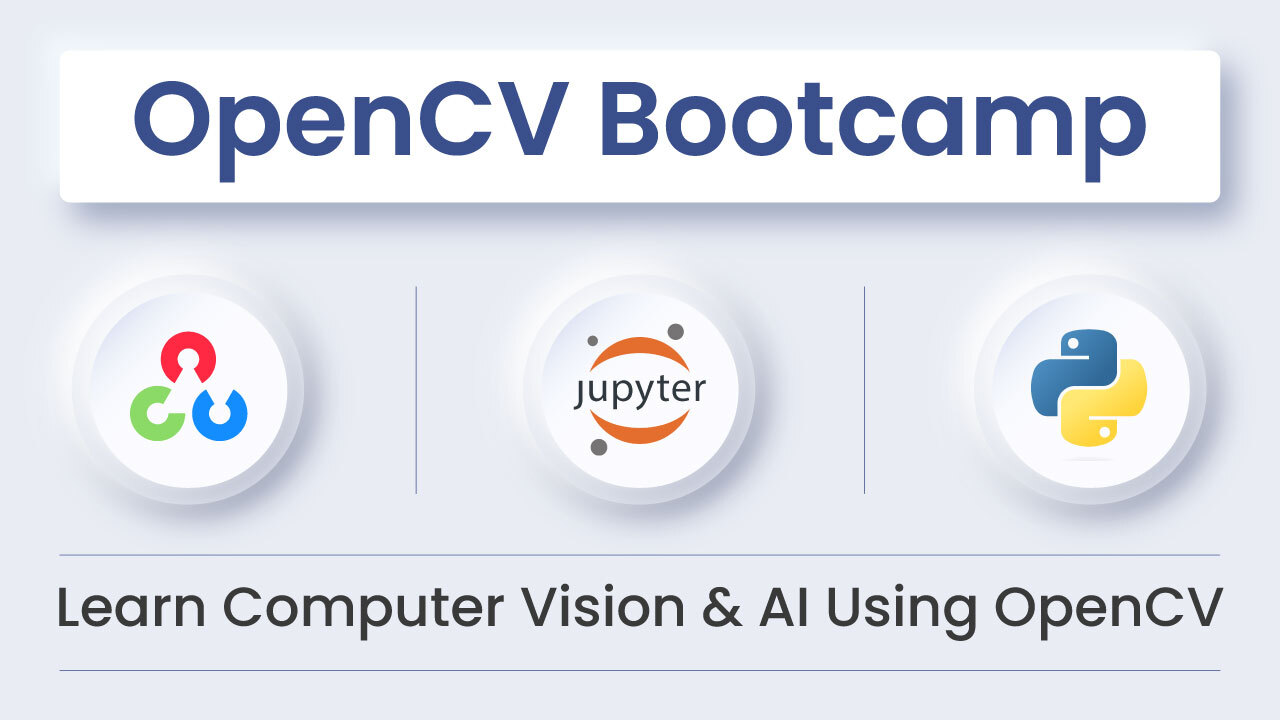
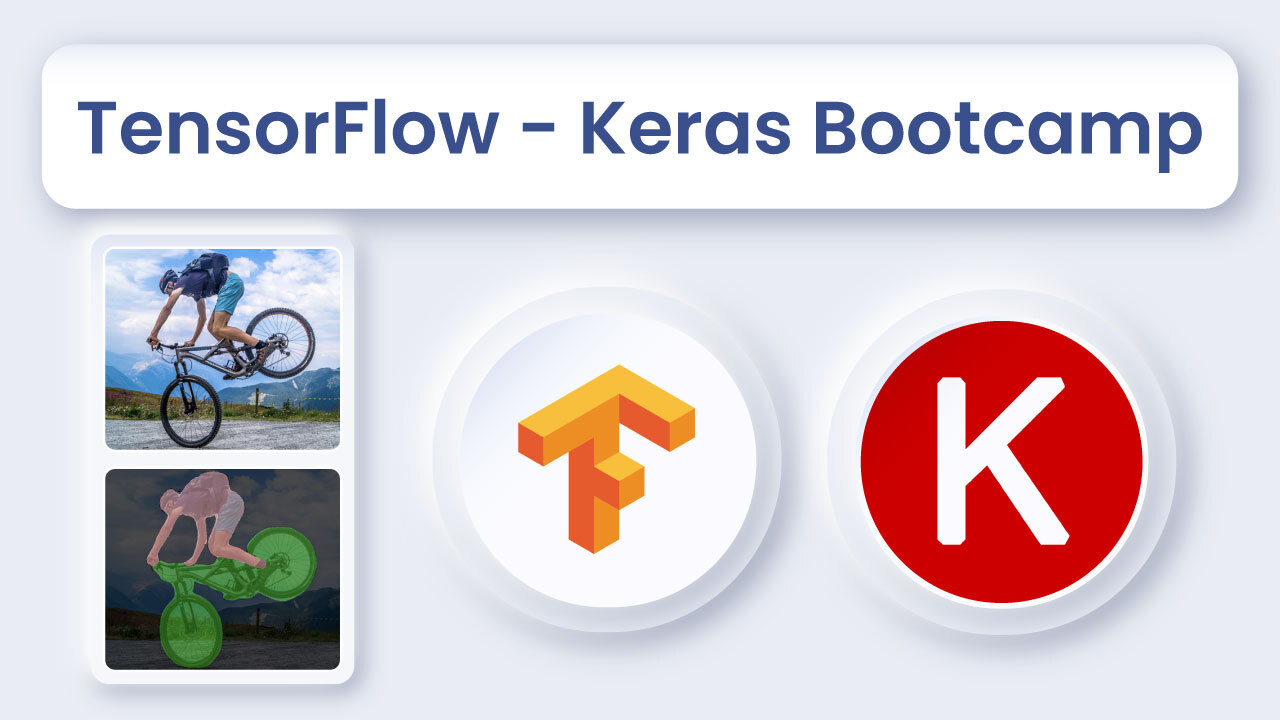
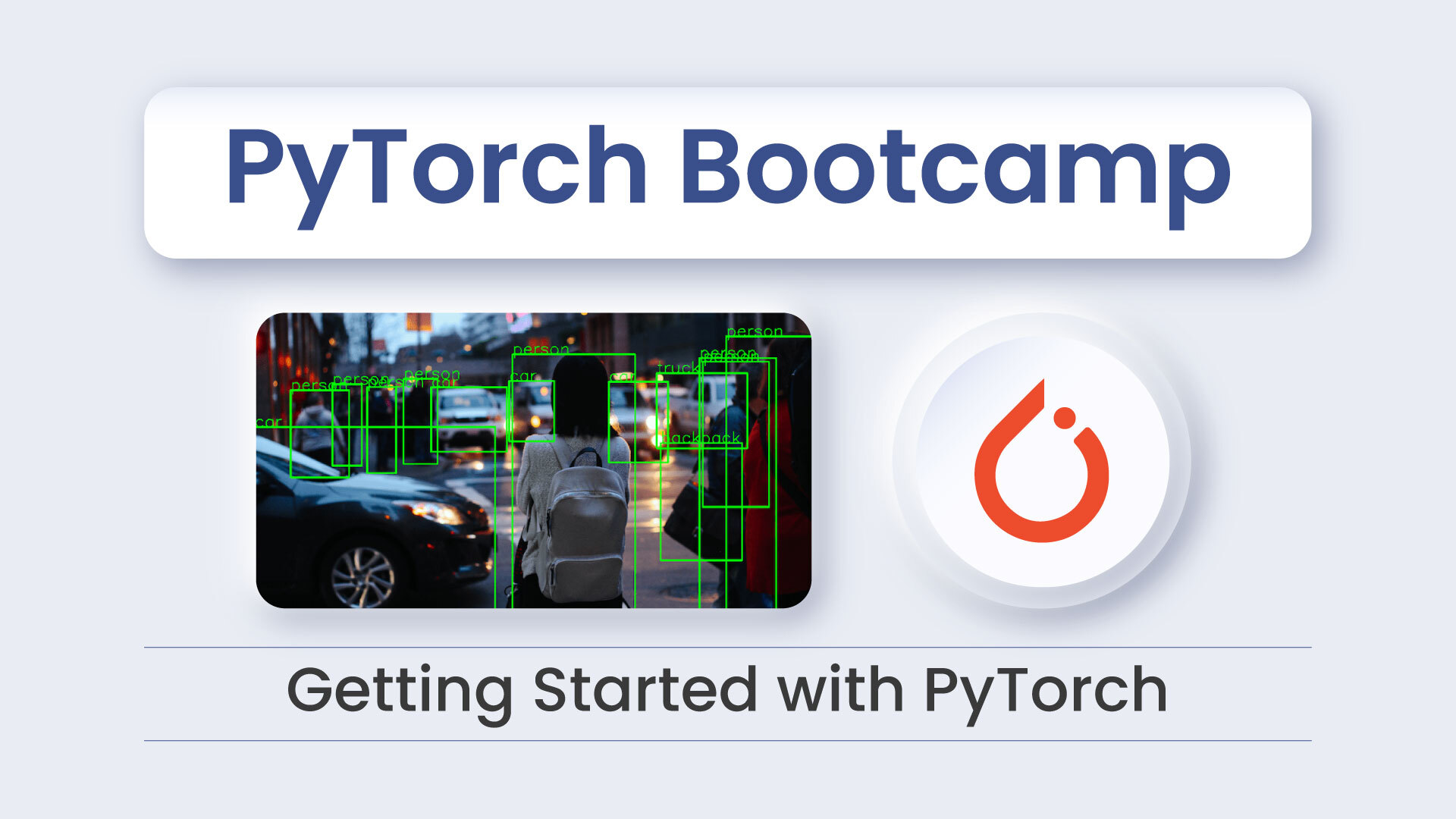
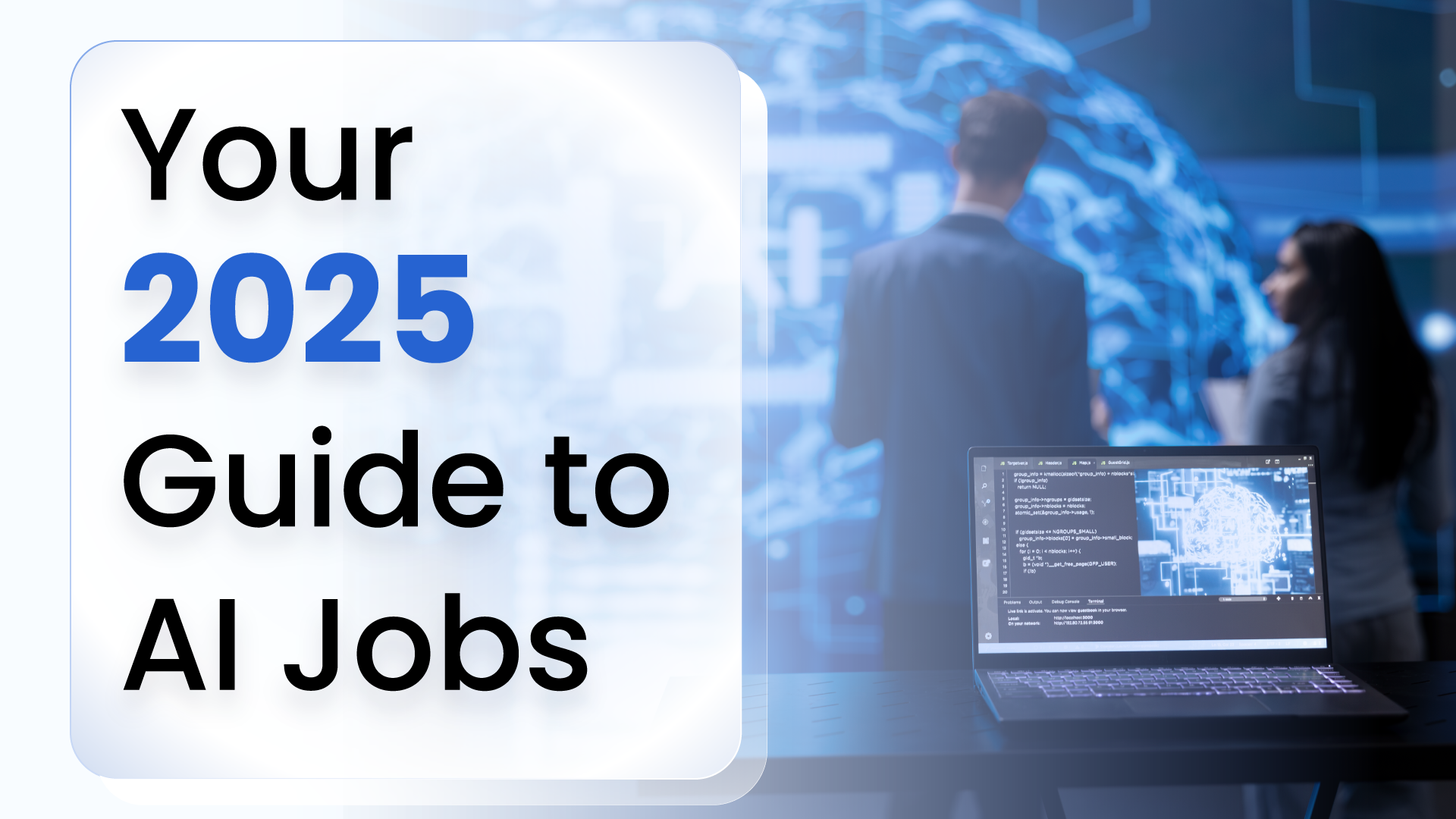
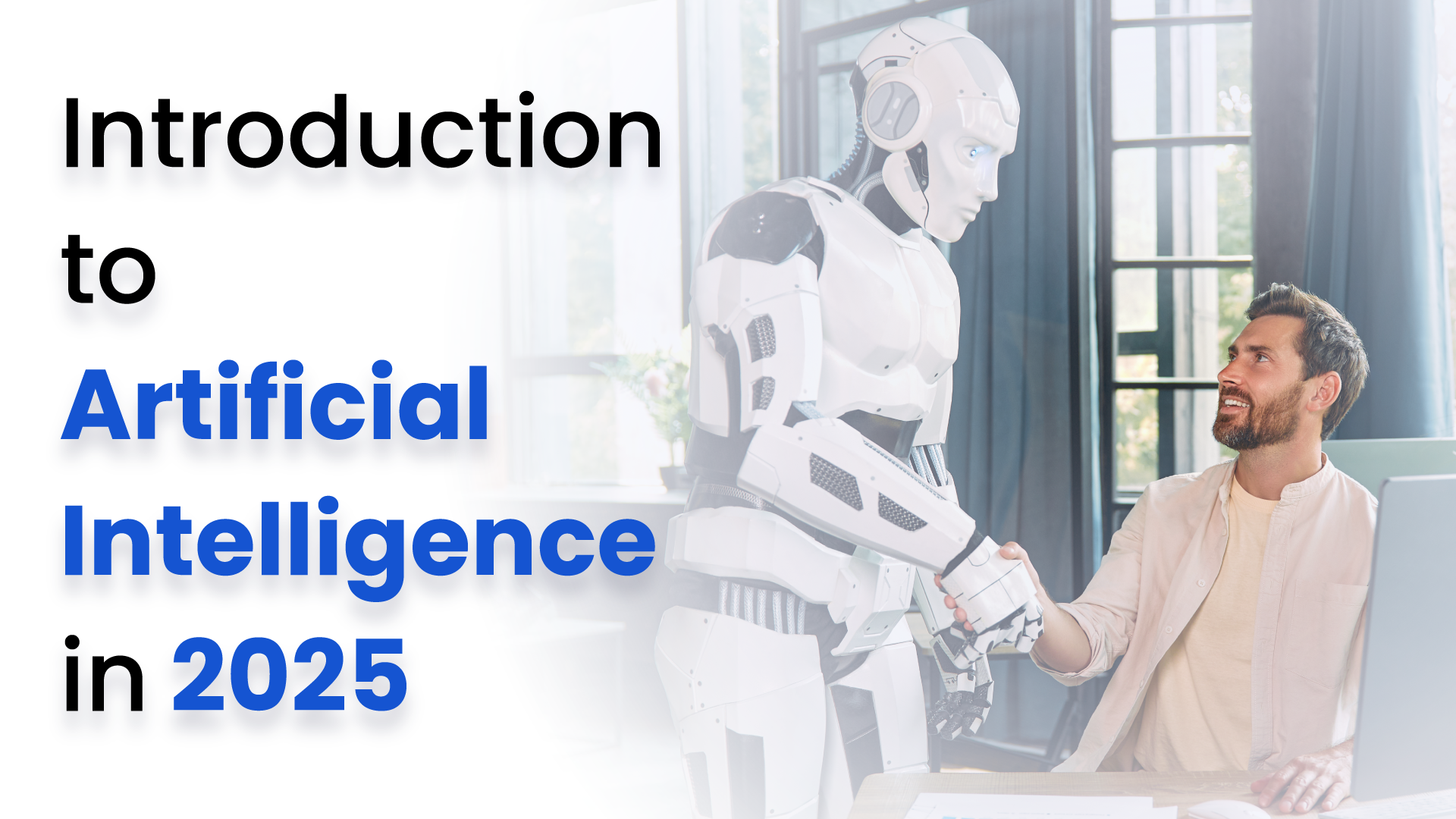
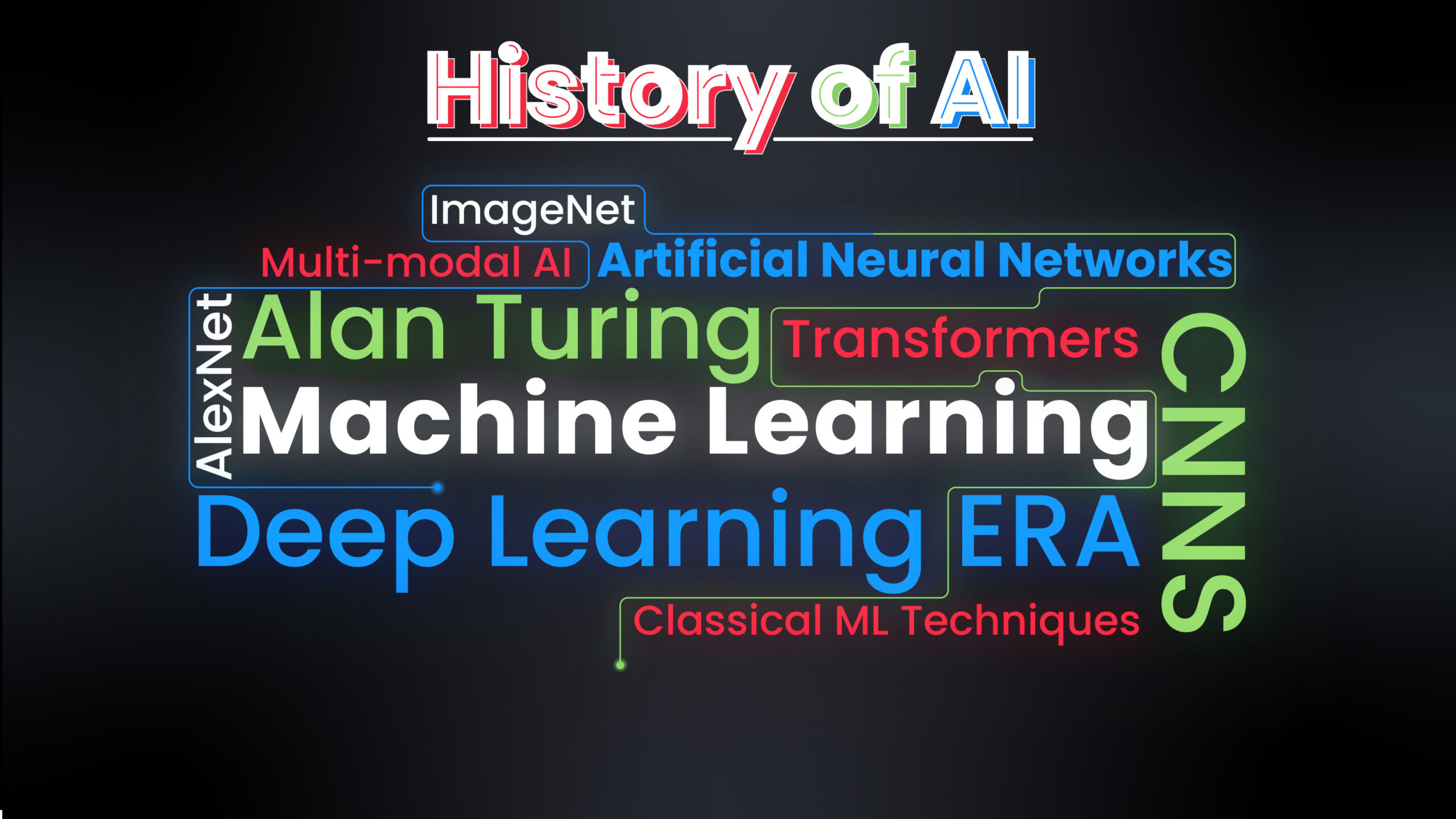
5K+ Learners
Join Free VLM Bootcamp3 Hours of Learning